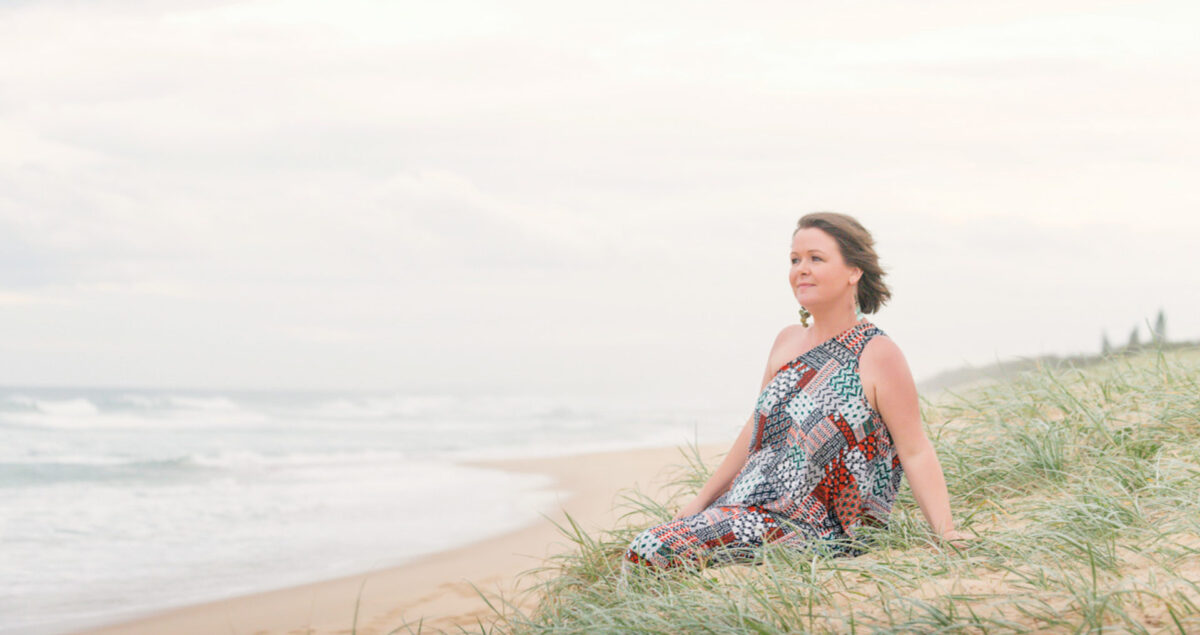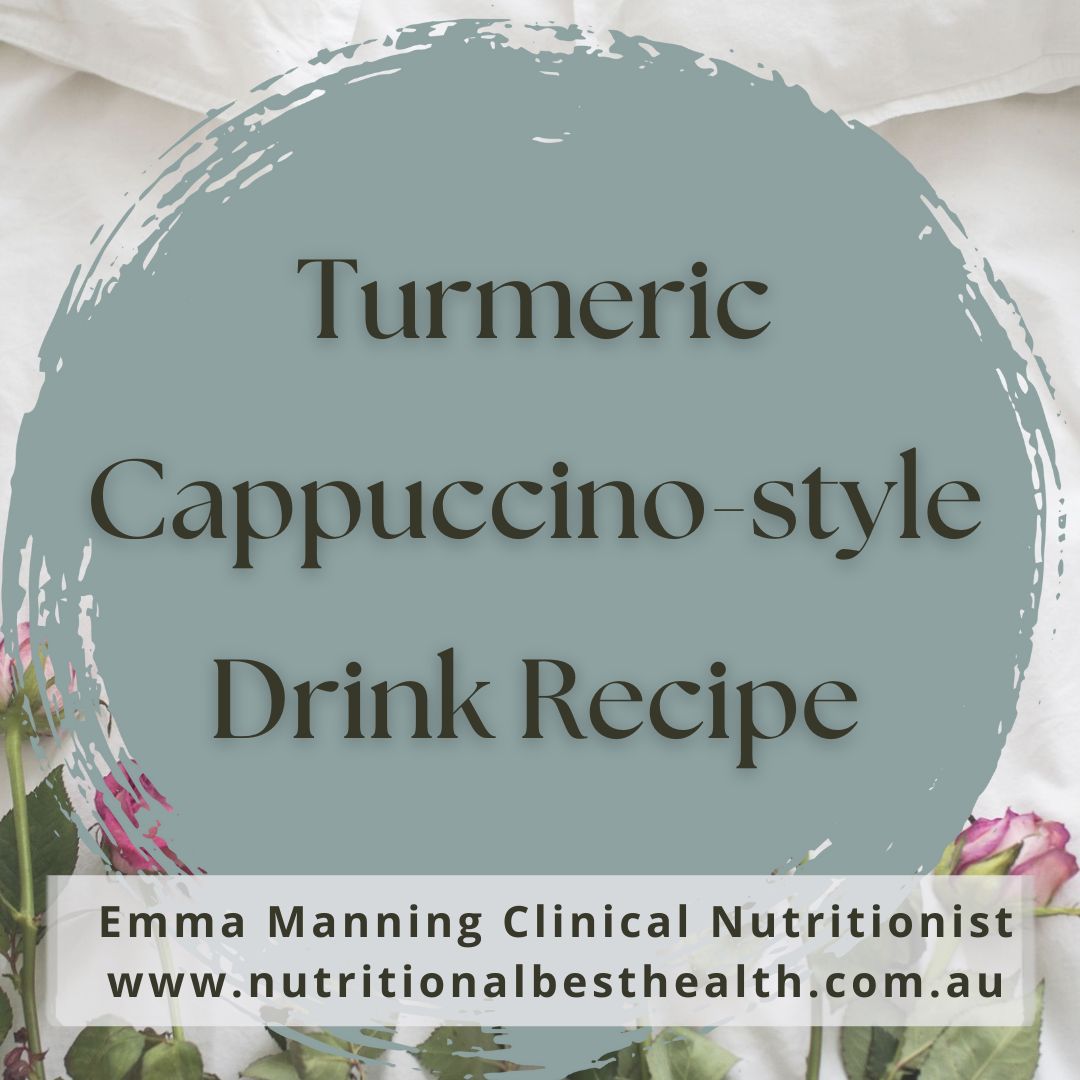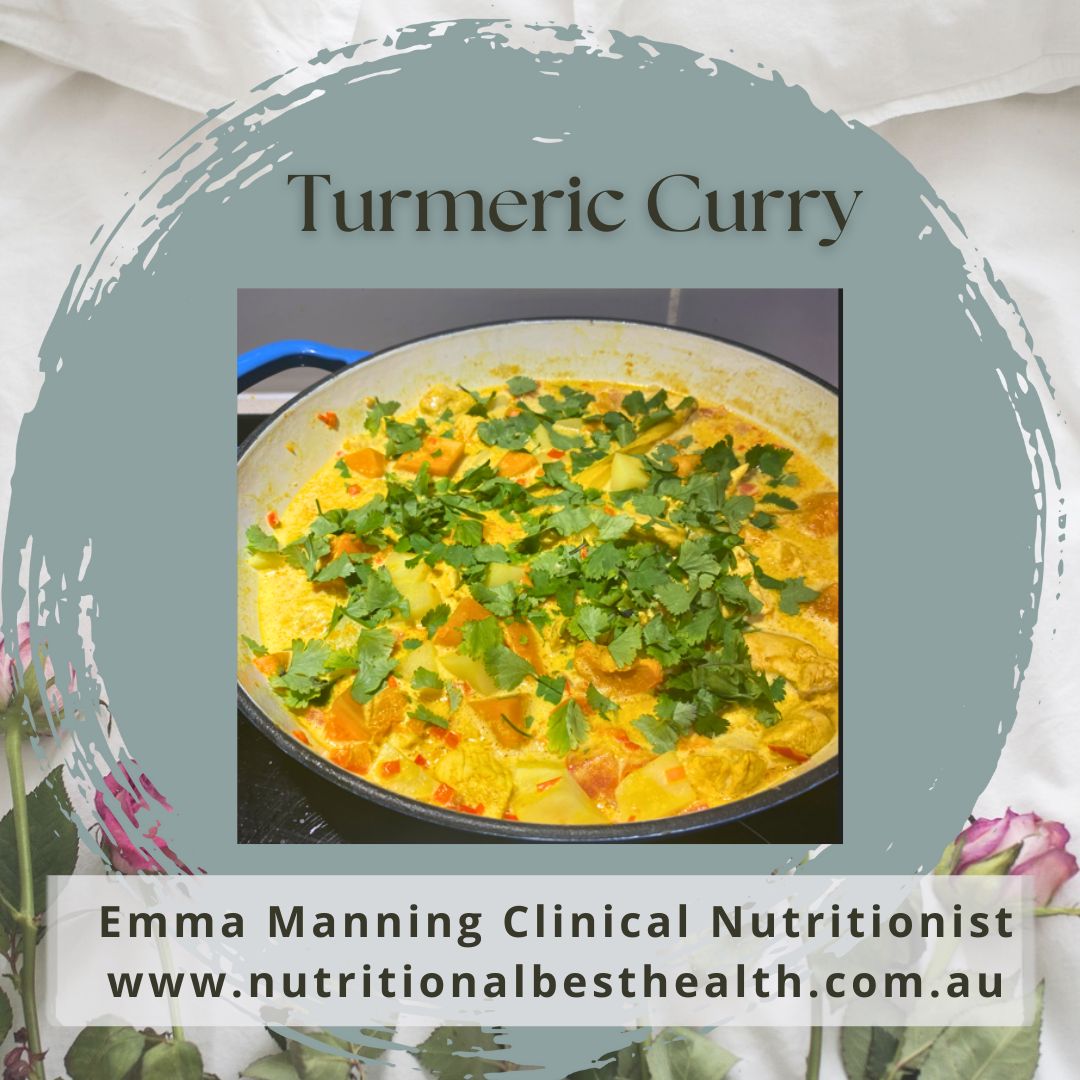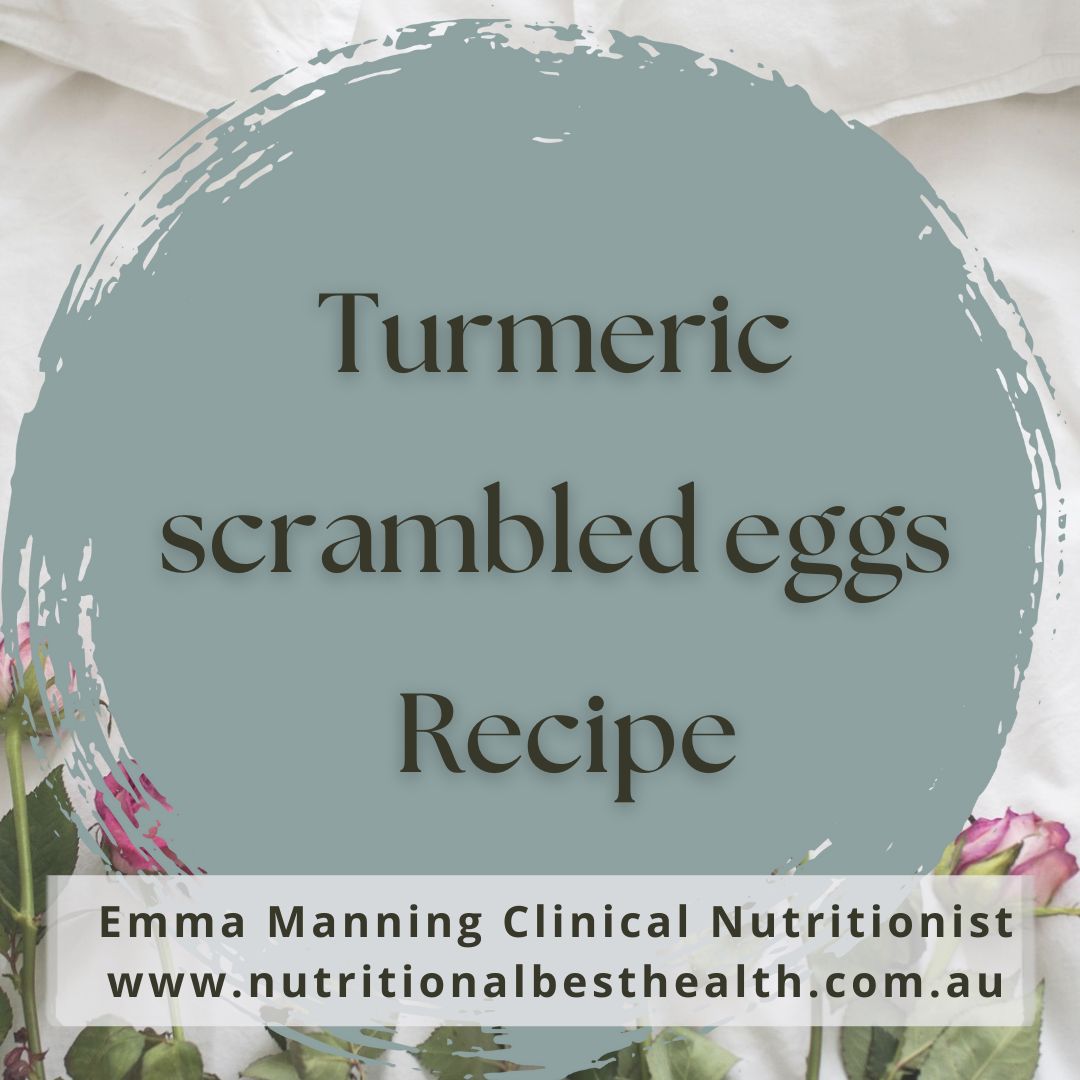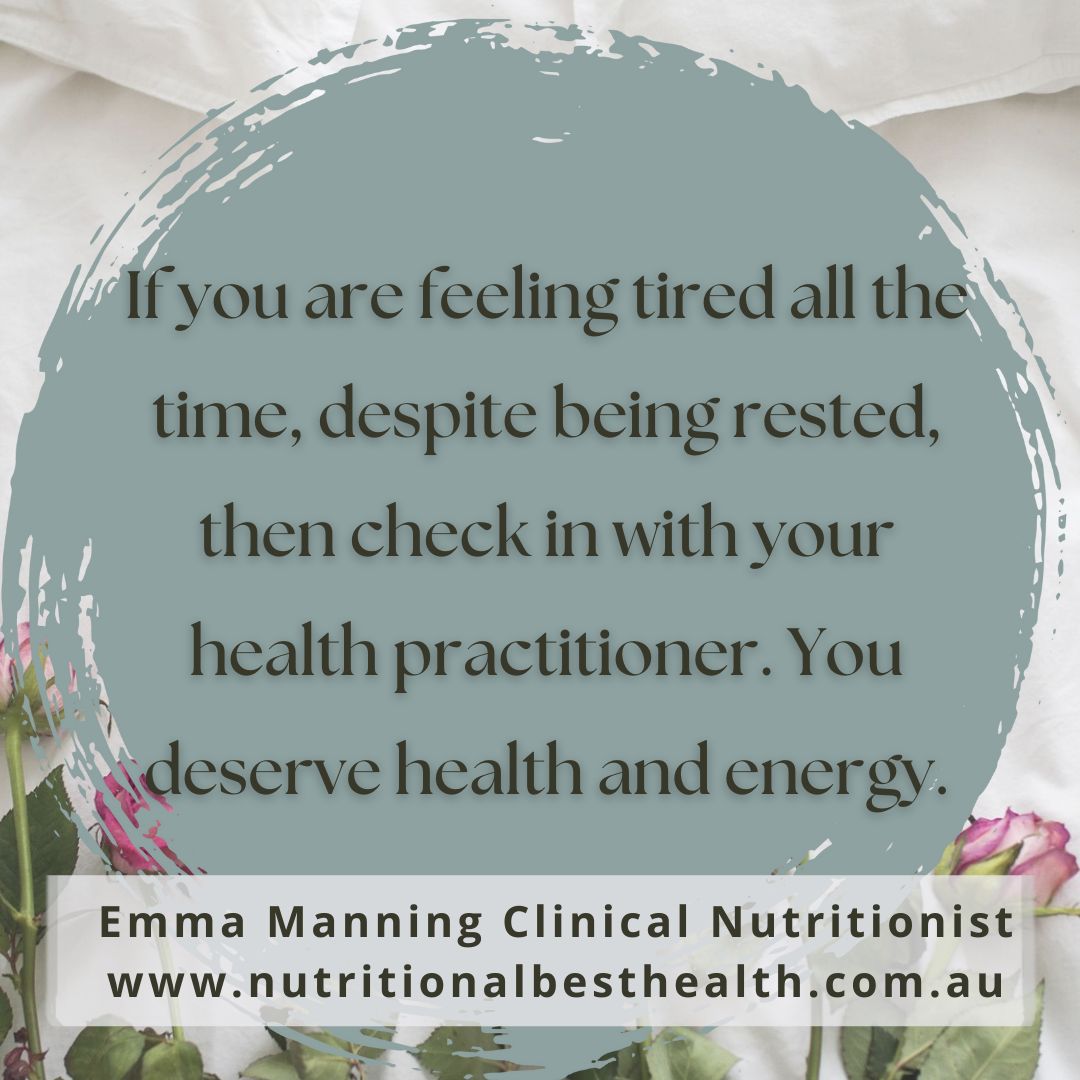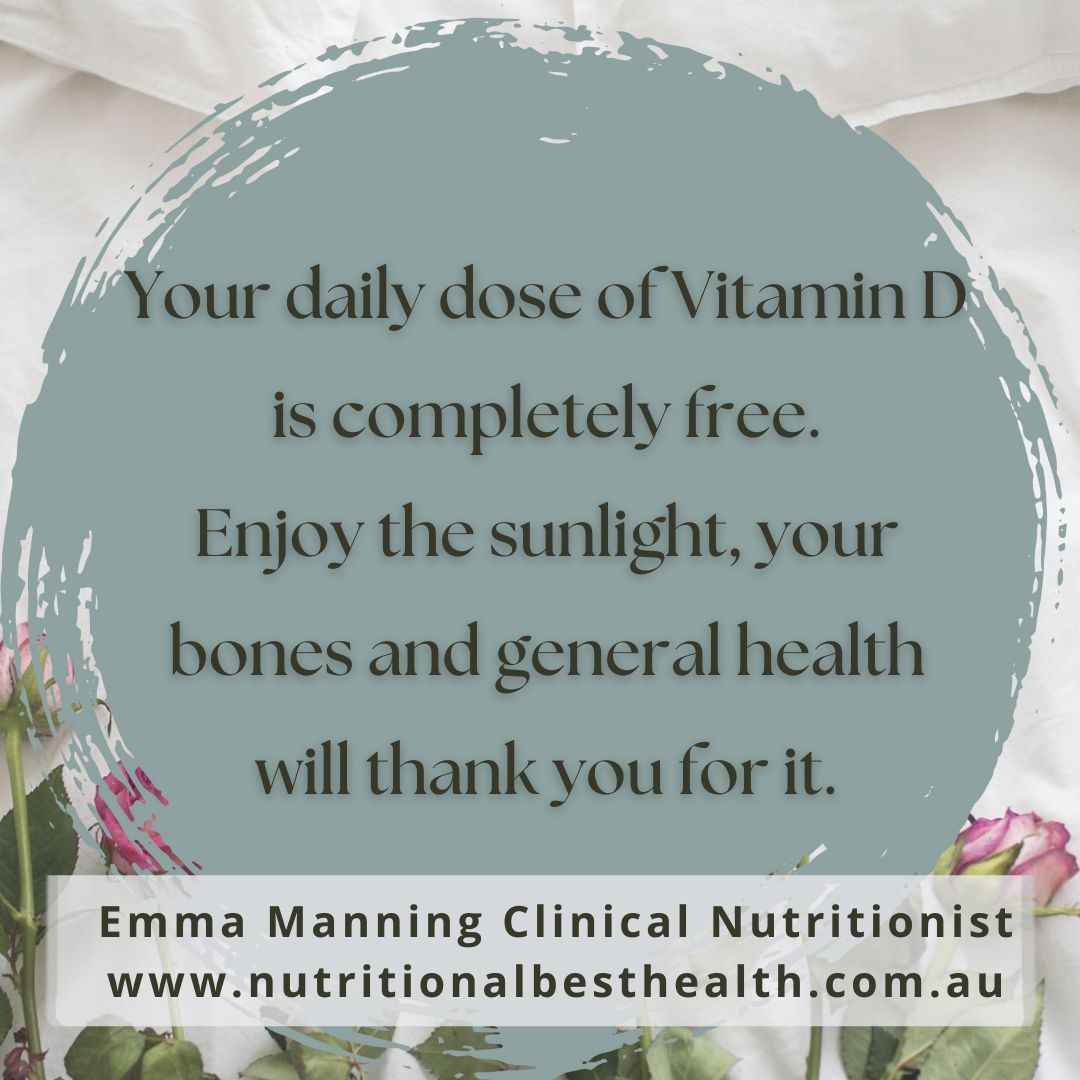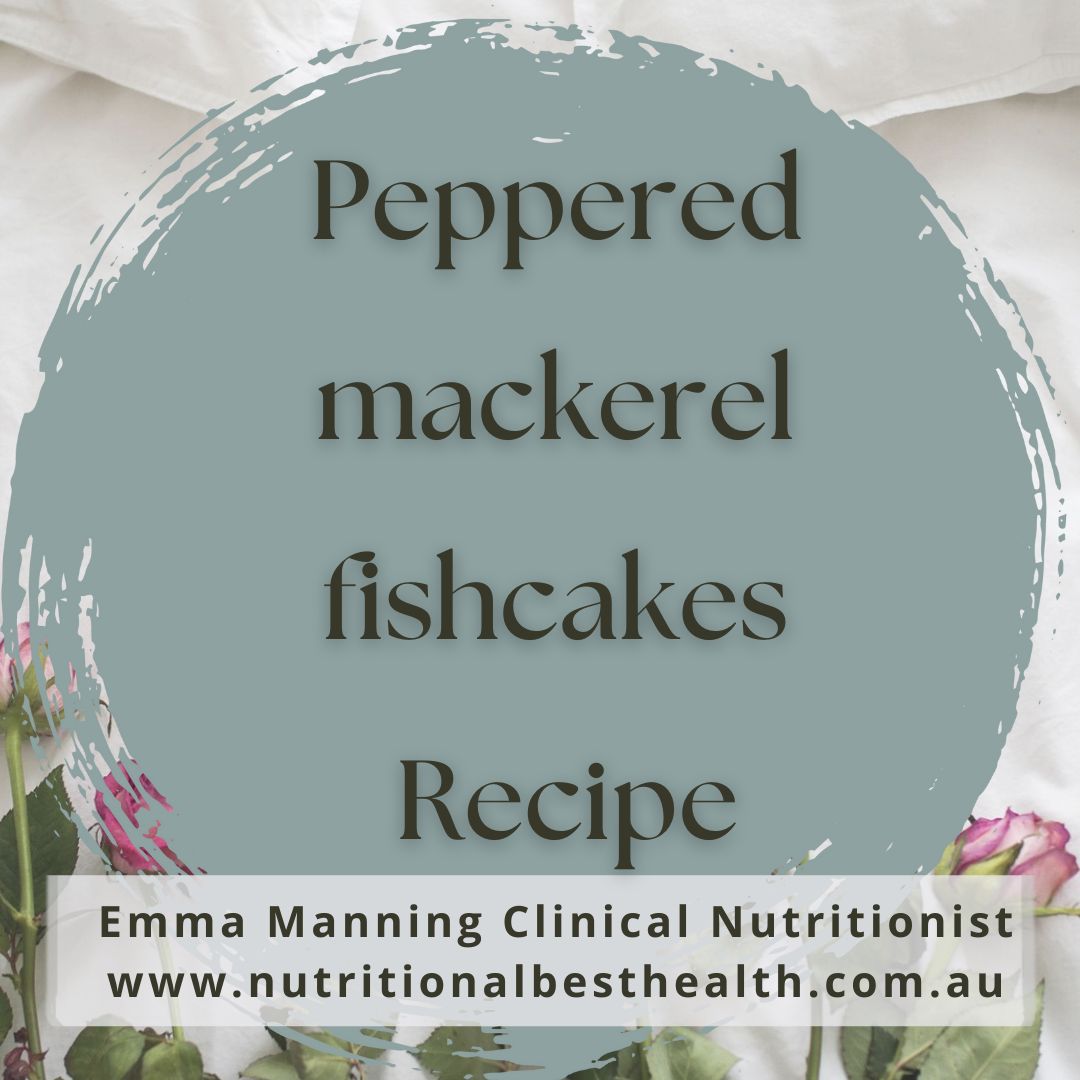
Peppered Mackerel Fishcake Recipe
Sunlight is an excellent source to obtain your daily dose of vitamin D. You can also obtain vitamin D from your food. Fatty fish (mackerel, salmon, herring), egg yolks, milk, butter are all good sources of vitamin D.
During particular life circumstances, like during the childhood years when the musculoskeletal body system is growing rapidly, or during pregnancy, vitamin D demand is high. Older adults (over 71 years) may need to top up their vitamin D levels too.
Making sure you receive adequate sunlight during this time is very important and you can also increase vitamin D levels through diet.
Getting kids (or adults!) to eat fatty fish may prove somewhat a challenge. In these times, I find that home-made fish cakes are a really good way of getting fish into the meal plan. I also find it is excellent for using up left-over mash potato too.
This recipe from BBC Good Food website is one of my go-to favourites. https://www.bbcgoodfood.com/recipes/peppered-mackerel-fishcakes
I also add in some good quality butter whilst making the mash potato for some additional vitamin D. You’ll see that the recipe also has an egg too, so use the whole egg (particularly the yolk) to boost up more vitamin D.
The current recommended daily intake of vitamin D (assuming no sunlight exposure) is 5.0ug from birth until age 50, including pregnant/lactating females. With regular sunlight exposure, no supplementation of vitamin D is required.
Between 51-70 years, 10ug per day is recommended and for over 70 years, 15ug daily is recommended. Supplementation of vitamin D can be advantageous to bone and cellular health during the later lifespan years and you should contact your health practitioner for further advice.
Self-prescribing of supplements is not recommended. Incorrect dosage or vitamin D type means, best case scenario, that supplements are a waste of money, worst case, can cause excess calcium or even put pressure on the kidneys. Interaction with other medications being taken and/or health conditions needs to be properly checked before nutraceuticals are taken. A clinical nutritionist will check this for you, as a matter of course and part of their duty of care.
Always be safe first and foremost!
Emma Manning Clinical Nutritionist.
www.nutritionalbesthealth.com.au
Nutritional Consultations telehealth appointments (Health Fund Rebates available depending on your fund’s policy) and Bio Energetic Synchronisation Technique face to face sessions can be booked through emailing emmavmanning@live.com or contacting me directly on 0422 246231.
References
Health Direct. (2018). Foods high in Vitamin D. Retrieved from https://www.healthdirect.gov.au/foods-high-in-vitamin-d
Jamison, J. (2003). Clinical guide to nutrition and dietary supplements in disease management. London, United Kingdom: Churchill Livingstone.
National Health and Medical Research Council, Australian Government Department of Health and Ageing, New Zealand Ministry of Health. (2006). Nutrient Reference Values for Australia and New Zealand Including Recommended Dietary Intakes. Canberra, Australia: National Health and Medical Research Council.
Nowson, C. A., McGrath, J. J., Ebeling, P. R., Halkerwal, A., Daly, R. M., Sanders, K. M., Selbel, M. J., & Mason, R. S. (2012). Vitamin D and health in adults in Australia and New Zealand: a position statement. Medical Journal of Australia, 196(11), 1-7. Https://doi.org/10.5694/mja11.10301
Vaes, A., Brouwer-Brolsma, E., Van der Zwaluw, N., Van Wijngaarden, J., Berendsen, A., Van Schoor, N., & De Groot, L. (2017). Food sources of vitamin D and their association with 25-hydroxyvitamin d status in Dutch older adults. Journal of Steroid Biochemistry and Molecular Biology, 173, 228-234. Https://doi.org/10.1016/j.jsbmb.2016.10.004.
Whitney, E., Rolfes, S. R., Crowe, T., Cameron-Smith, D., & Walsh, A. (2011). Understanding Nutrition: Australia and New Zealand (1st Ed.). Melbourne, Australia: Cengage Learning.
Like Follow Connect